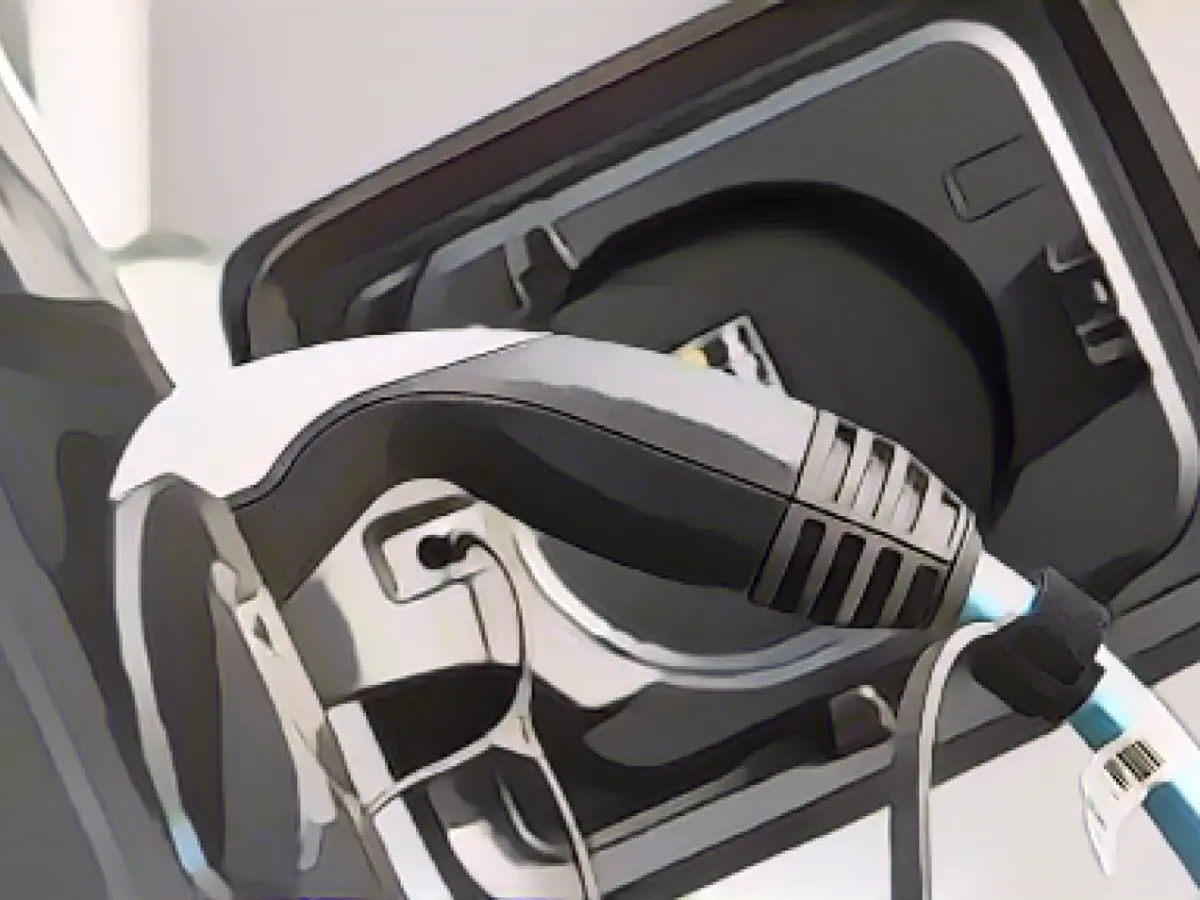Work - Private car charged at company socket: Process
An employee in Düsseldorf has to fight for his job because he charged the battery of his private car at a company socket. His employer had dismissed him without notice. The regional labor court in Düsseldorf will hear the case next Tuesday (14:00), as the court announced.
The plaintiff regularly worked the late shift at a hotel. He had charged his hybrid car at a 220-volt socket in the corridor of a seminar wing, although the house rules prohibited charging batteries for electric motors for safety reasons.
The plaintiff claims that he only charged his car for a few minutes because his vehicle battery unexpectedly lost power that day. He had only wanted to ensure his journey home.
It was also tolerated that employees charged cell phones, tablets, e-bikes, e-scooters, Bluetooth speakers or fans at work.
The employer argues that the plaintiff charged his car not only on the day in question, but around ten times at her premises. On January 12, 2022, he charged his car for at least 20 minutes and thus stole electricity worth 40 cents.
Although the financial loss was minimal, there was a considerable loss of trust. The operational toleration of the charging of private devices claimed by the plaintiff did not exist.
Nevertheless, the receptionist won at first instance. The plaintiff had charged his car five to six times. This was actually a reason for termination without notice. In this specific case, however, a warning would have been sufficient.
Read also:
- A clan member is punished here
- Traffic lawyer warns: Don't talk to the police!
- Will he be convicted as Jutta's murderer after 37 years?
- He also wanted to kill his cousin
- Despite the caution against charging electric car batteries at work, the employee from Düsseldorf in North Rhine-Westphalia frequently used a company socket for his private car.
- The employer is concerned about the potential environmental impact of excessive vehicle charging, as it contributes to increased energy consumption and carbon emissions in the workplace.
- During the labor court hearing, the defendant's employer will present evidence of multiple car charging incidents and the financial implications of the employee's actions.
- The plaintiff's employer in this case is steering clearing of any leniency towards allowing private vehicle charging, as it poses a threat to their environmental commitment and overall productivity in Düsseldorf's business landscape.
Source: www.stern.de








